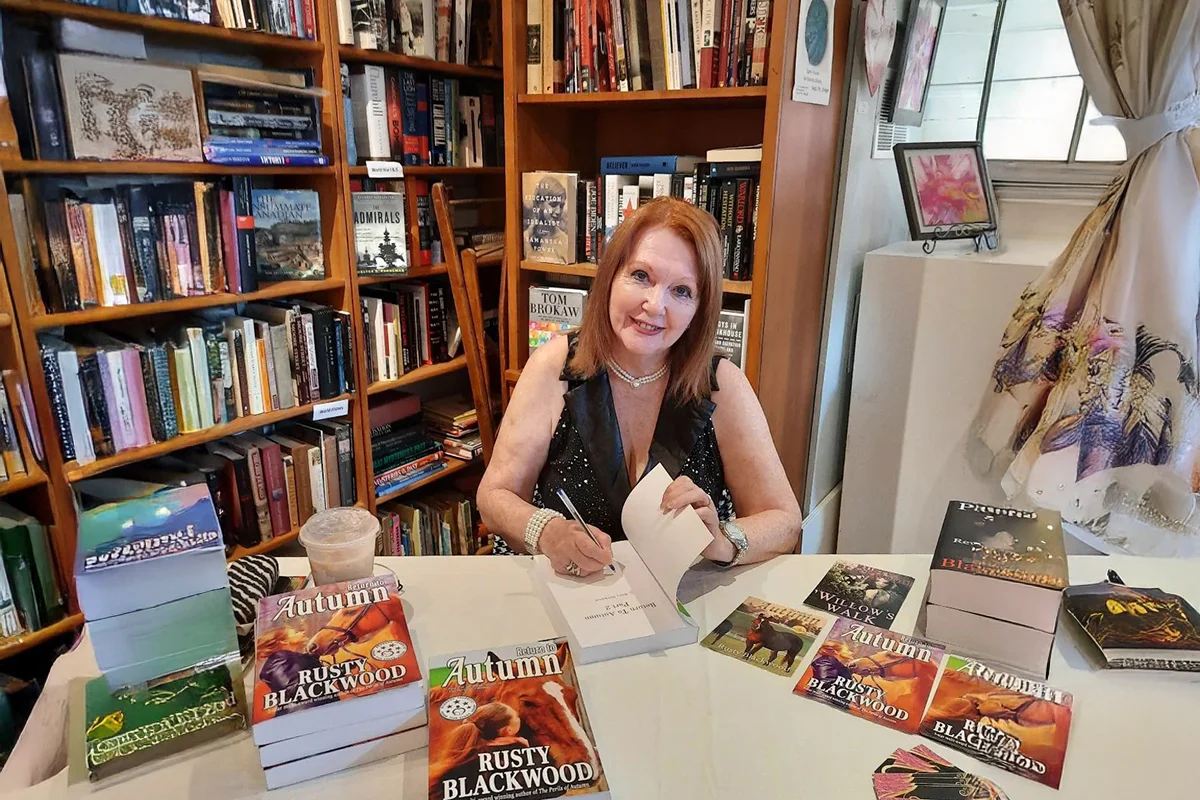PHOTO: Derrick Credito, Baltimore-born author, musician, and educator, passionately merges faith and artistry in his debut novel The Year of the Tsunami.
Exploring Cultural Diversity, Faith, and Resilience Through Storytelling
Derrick Credito’s debut novel blends his Jewish faith, global travels, and musical background to explore survival, legacy, and cultural complexities through a compelling story set between Amsterdam and Asia.
Derrick Credito, a Baltimore-born author, musician, and educator, presents a powerful narrative in his debut novel, The Year of the Tsunami. Drawing from his multifaceted life experiences—including his deep ties to traditional Judaism, extensive global travels, and active career in music and teaching—Credito weaves a story that explores profound themes of promises, legacy, and survival. His unique perspective shines through a narrative enriched by cultural diversity and emotional depth.
The Year of the Tsunami follows Wes Levine, whose journey from Bangkok to Amsterdam and beyond reveals an intricate blend of personal loss, spiritual devotion, and the quest for identity. Inspired by Credito’s own conversion to Judaism and his passion for Holocaust education, the novel transforms the concept of survival beyond mere existence to the preservation of memory and legacy. Wes’s determination to scribe a Torah for his late grandparents in Amsterdam—a city closely tied to their own Holocaust history—forms the emotional heart of the story.
Derrick Credito masterfully combines cultural insight, emotional depth, and bold storytelling to illuminate challenging themes with authenticity and heart.
Credito’s storytelling is deeply influenced by his professional life as an English professor and musician. Since 2011, he has taught at several Baltimore-area colleges, engaging with students from diverse backgrounds, including a six-year tenure at a Chasidic girls’ high school. These experiences provide him with an intimate understanding of Orthodox Jewish life, which informs the novel’s portrayal of prayer and religious devotion. Meanwhile, his outspoken voice as a singer-songwriter—tackling topics such as prison reform and abortion rights—prepares him to confront difficult subjects like anti-Semitism, homophobia, and sexual politics within his writing.
The novel’s richly detailed settings come from Credito’s personal travels. His years spent living across the Asia-Pacific and regular visits to Amsterdam, including a 2019 research trip funded by a travel grant, lend authenticity to Wes Levine’s global odyssey. Amsterdam’s juxtaposition of its Jewish Quarter and the neighboring Red Light District embodies the novel’s tension between the sacred and the profane. Credito embraces this contrast naturally, reflecting the city’s cultural diversity and the complexity of human experience.
Addressing challenging issues such as human trafficking alongside themes of love, faith, and justice, Credito balanced these elements through extensive research and firsthand interviews with rabbis, street musicians, doctors, and lawyers. He deliberately presents an unvarnished view of both religious tradition and the darker sides of urban life, creating a narrative that refuses to shy away from controversy. The result is a novel that confidently bridges worlds often seen as incompatible.
The Year of the Tsunami stands as a testament to Derrick Credito’s creative versatility and his commitment to telling stories that matter. His work invites readers to reflect on the resilience of memory, the power of cultural heritage, and the enduring impact of compassion.
Source: Reader’s House Interview with Derrick Credito











